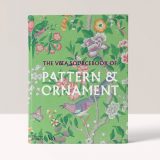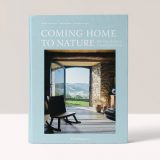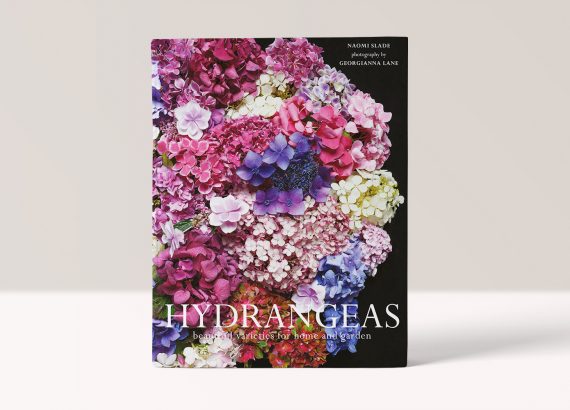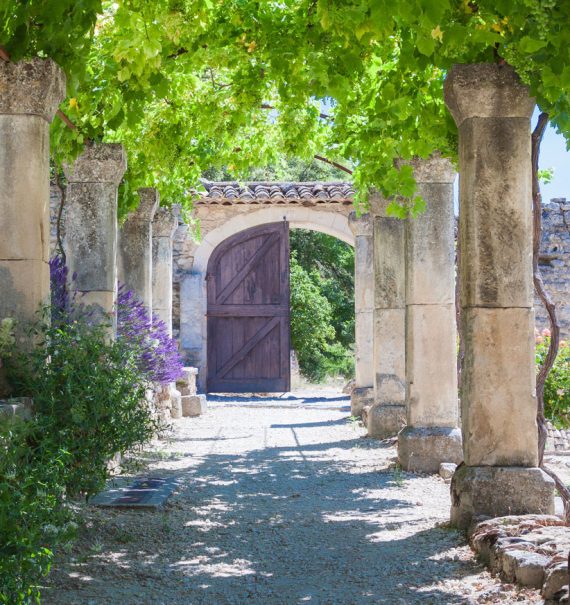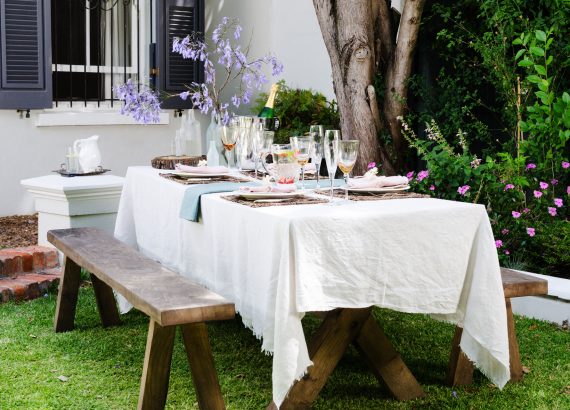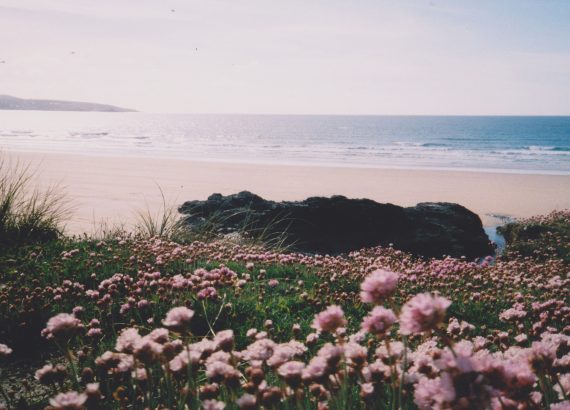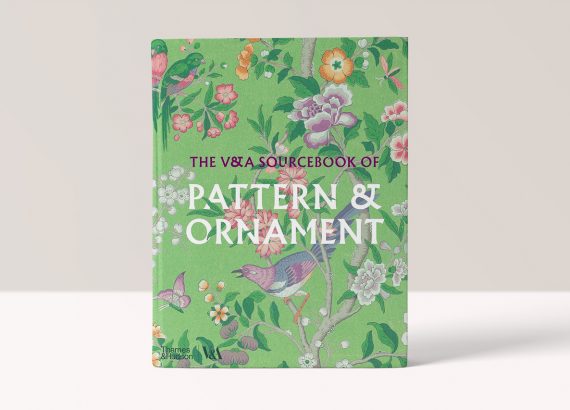Interview with Gesa Hansen, Estelle Marandon, Charlotte Huguet authors of Coming Home to Nature: The French Art of Countryfication
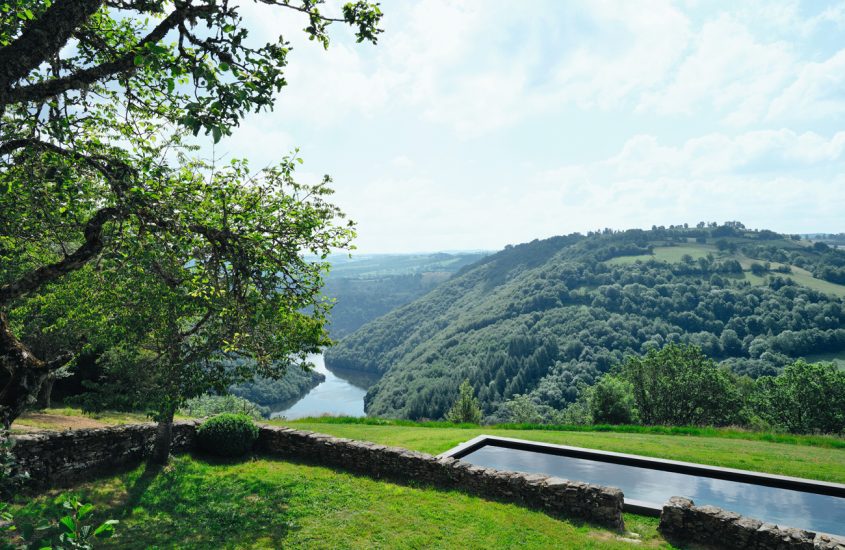
Coming Home to Nature is a wonderful book, how did you create it working as a team?
When all three of us met in the countryside a year and a half ago, the idea of writing a book about urban migration and a new lifestyle came up quickly; we realised that we were part of a larger phenomenon. More and more city dwellers feel the need to return to nature and so we started this joint project at the end of 2020 as a perfect team: Gesa took care of the layout and photo productions, Estelle wrote the text and Charlotte is the pioneer among us, as she moved to the country many years ago.
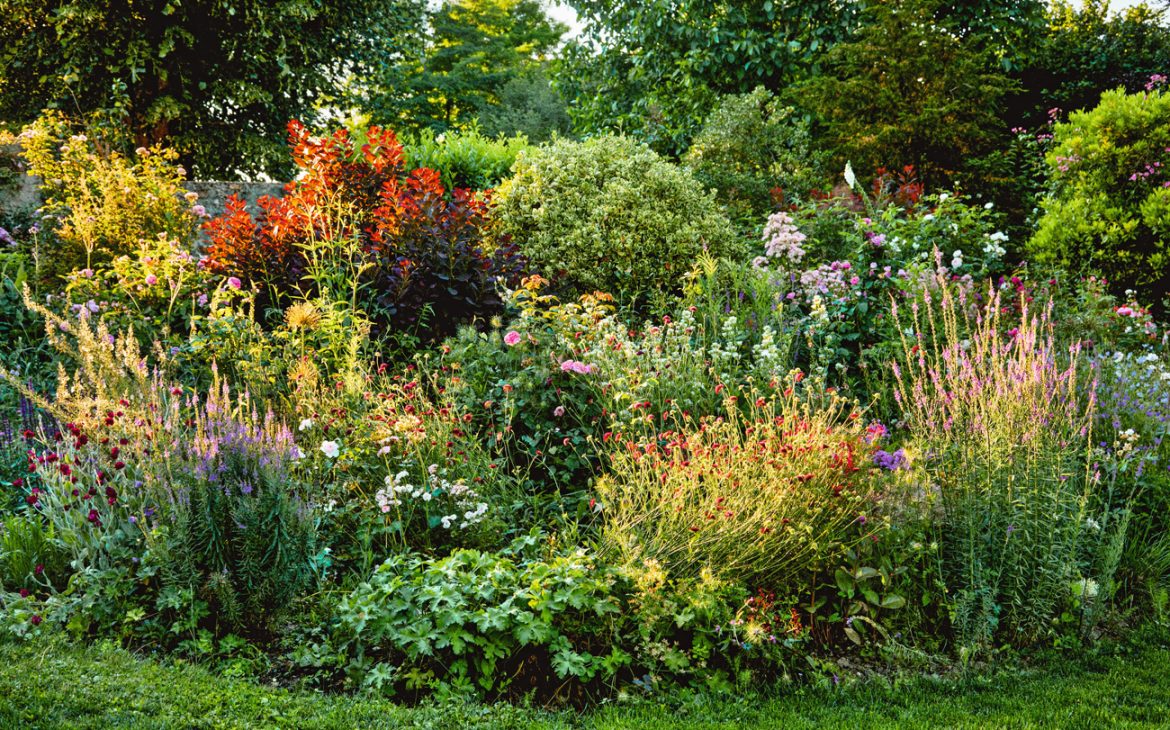
© Stephanie Fussenich 
© Nathalie Mohadjer 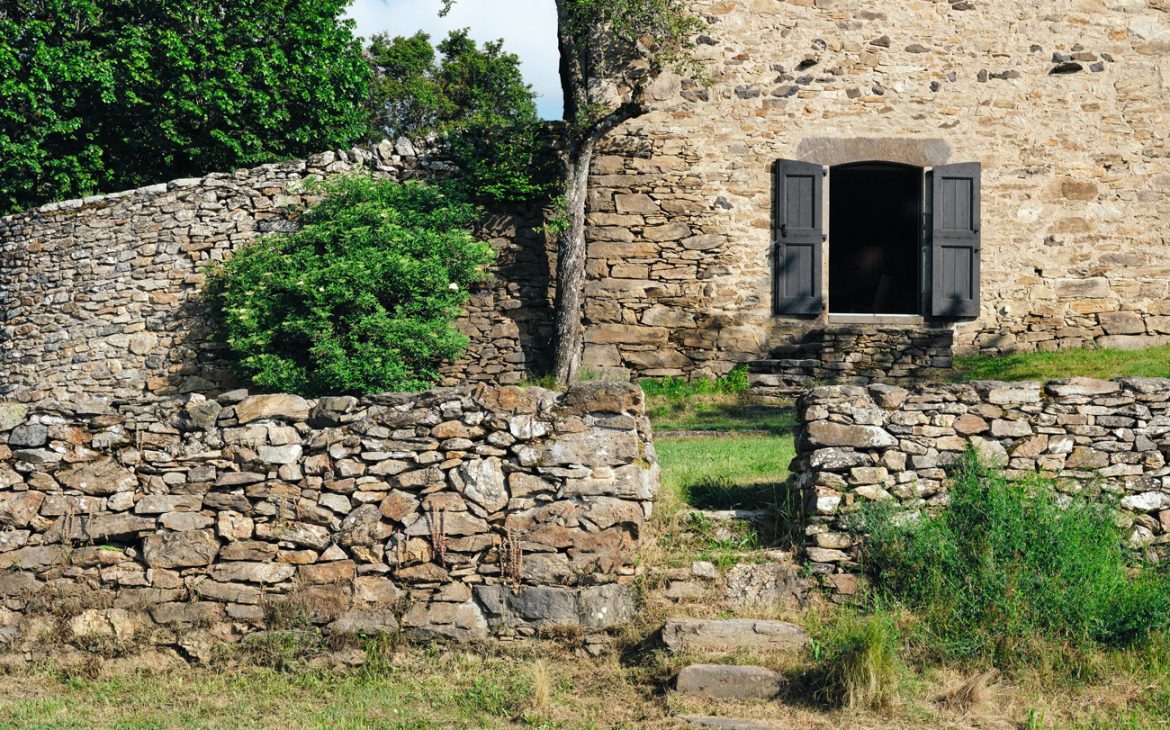
© Nathalie Mohadjer 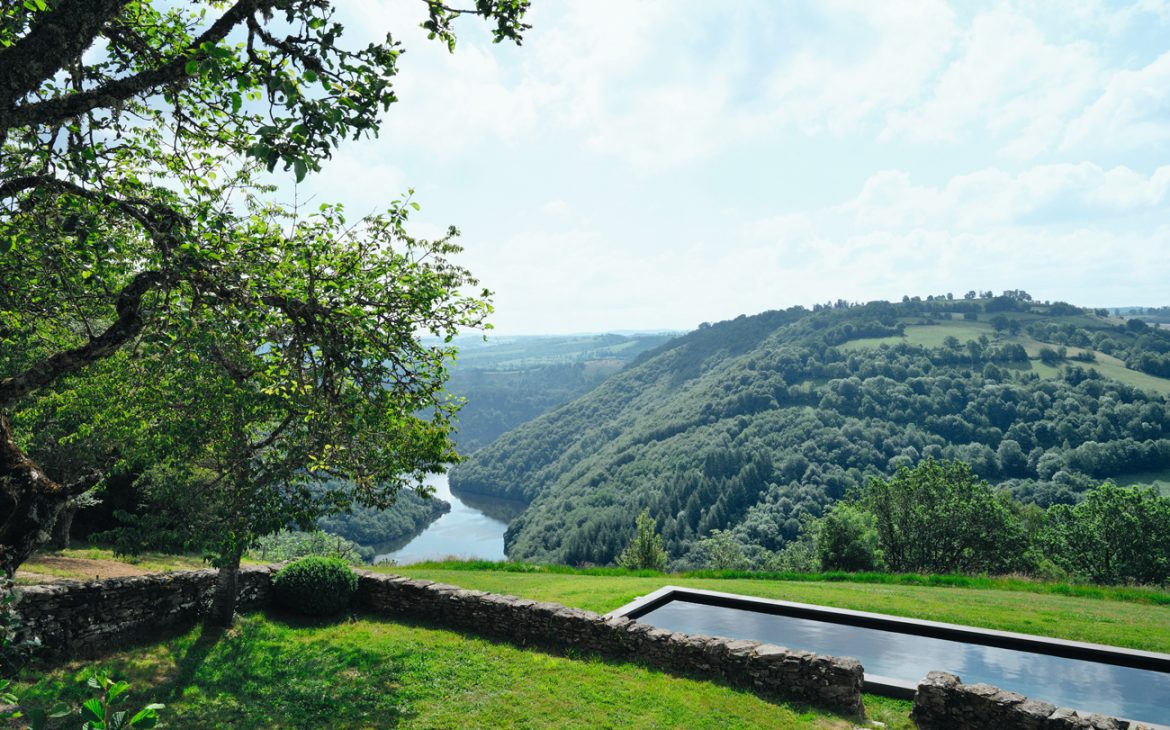
© Nathalie Mohadjer
What are your individual favourite reasons for living in the country?
Estelle: Originally, we mainly wanted to move to the countryside to have more space for our three children. Today, my greatest joy is getting my hands dirty in the garden. Digging outside is like therapy for me. I don’t know how I could have lived without it for so many years.
Gesa: My daughter once mistook a foxhole in a children’s book for the entrance to a metro station. That was the moment when I thought we had to move to the country.
Charlotte: My favorite reason is to live in the heart of the forest, to be able to go there in the morning or during lunchbreak. I love the silence there. The notion of time changes, everything feels softer, less constraining. You adapt your perspectives.
What are the key considerations that people need to think about before moving to the country?
In our book we list a few questions you should ask yourself before moving. There are many elements to consider: for example, whether you have to commute a lot or not, whether you are willing to take care of a big property, whether you like to take the car, and so on. We believe that first and foremost you should agree as a couple that you want the same thing. If one wants to move to the country and the other just goes along with his or her partner’s wishes, this can lead to frustration later on.
How did you adapt to living in the country, were there any things that you missed from your urban lives?
Life in the countryside is different, the pace is slower, there is less hustle and bustle, and of course also less cultural offerings, fewer bars and shops. Strangely enough, we don’t miss anything. Paris is only an hour away, we can go there whenever we want. But it happens less often than we thought. You quickly learn to spend your time on things other than consumption, like walking in the forest or spending time in the garden. We feel happier and more fulfilled than before.
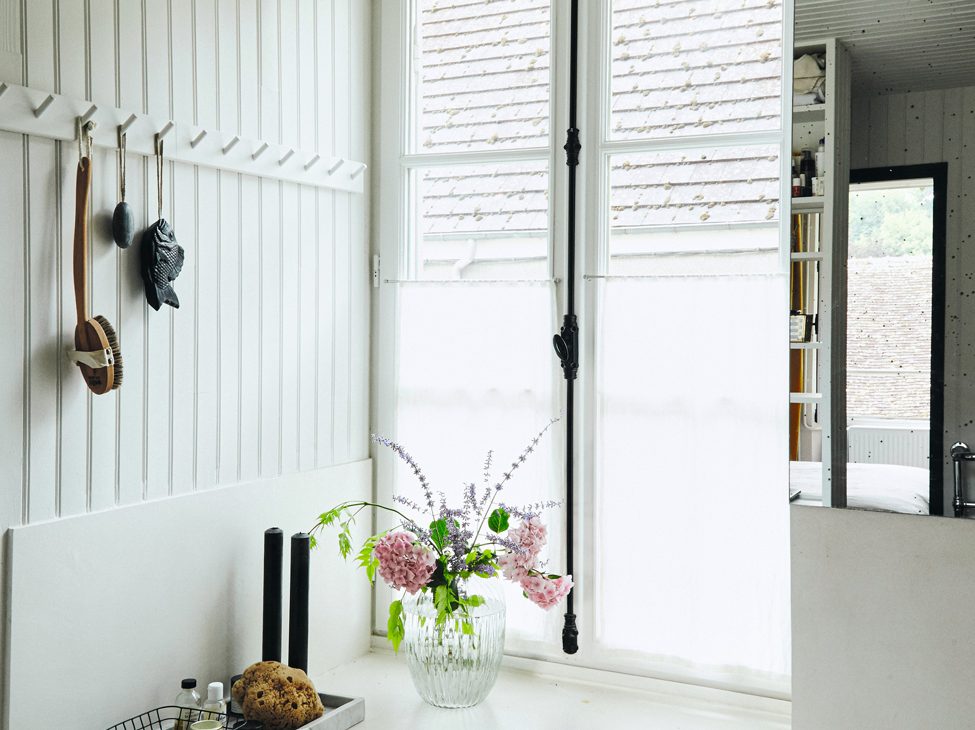
© Nathalie Mohadjer 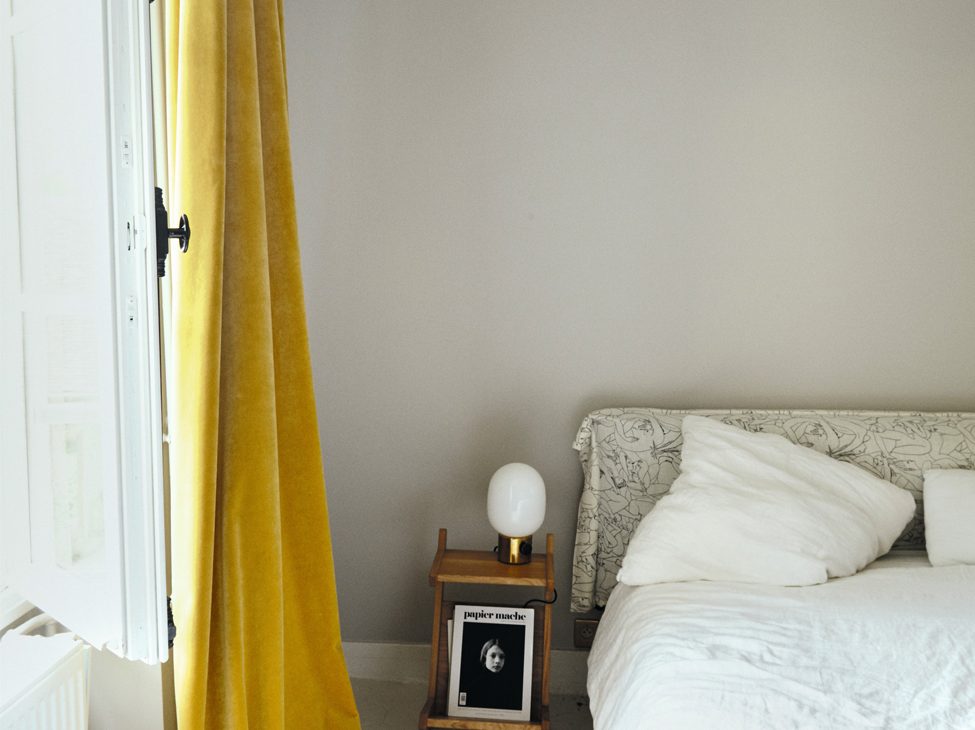
© Nathalie Mohadjer
What are the benefits for young people of living in the country?
The desire to move to the countryside often occurs as soon as you have a family and start having children, but in our book we also present other life concepts. A young woman, for example, who lives alone in a tiny house without electricity and running water. She loves the connection to nature and the fact of being alone with herself. There can be something very inspiring and empowering about being on your own.
What are your plans for the future?
Parallel to our book, we have launched @countryfication, our joint Instagram account where we talk about this new lifestyle and want to inspire all those who live in the country or dream of doing so. We have many ideas for this project and are currently thinking about how to develop it further.
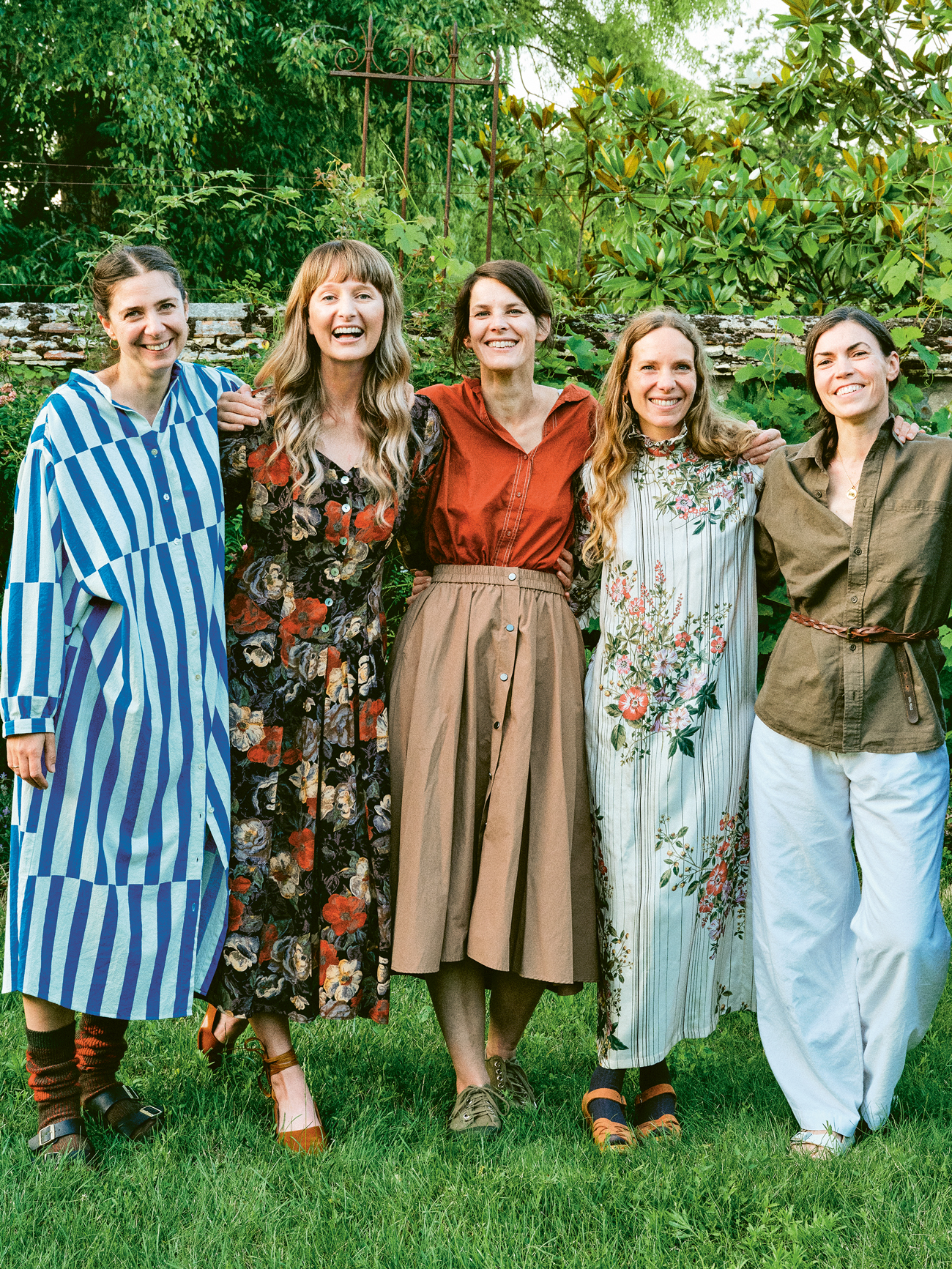
Coming Home to Nature: The French Art of Countryfication by Gesa Hansen (author), Estelle Marandon (author), Charlotte Huguet (author), Stephanie Fussenich (photographer), Nathalie Mohadjer (photographer) Published by Flammarion See our review here:


